Course:
Tropical Ecology
(University of Windsor Course Code: 55-487)
Offered through the Ontario
Universities Progarm in Field Biology (OUPFB)
Dates:
This course will next be offered in February
2012.
Approximate dates are February 19 to March 3, 2012. (Reading week
plus the following week.)
Professors:
Dr. Daniel Mennill
Department of Biological Sciences,University of Windsor
Email: dmennill AT uwindsor
DOT ca
Web: www.uwindsor.ca/dmennill
Dr. Stephanie Doucet
Department of Biological Sciences,University of Windsor
Email: sdoucet AT uwindsor
DOT ca
Web: www.uwindsor.ca/sdoucet
Course description:
This two-week field course is a hands-on
exploration of the flora and fauna of Costa Rica with an emphasis on
ecology, evolutionary adaptations, and community relationships in the
tropics. Field research will involve identifying birds, mammals,
reptiles, amphibians, insects, and plants; studying the ecology of
neotropical animals in four different ecosystems; capturing and banding
birds; monitoring the social behaviour of three different species of
monkey; observing leaf-cutter ants, termites, ant/acacia mutualisms;
assessing different conservation practices; and much more. Reports must
be written individually and must be submitted by early April. The
course will be offered in Costa Rica at the Guanacaste Conservation
Area. This conservation area spans an elevational gradient from Pacific
beaches and mangroves, to lowland rainforest, to tropical humid forest,
to elfin montane forest. The field course will include five night stays
at each of three different field stations within the park. In the first
third of the course, we will stay in sector Santa Rosa (a low-elevation
site) where we will focus on the tropical dry forest ecosystem, the
behavioural ecology of dry forest mammals and birds, ant/acacia
mutualisms, and monkey behaviour. In the second third of the course, we
will stay in sector Pitilla (a middle-elevation site) where our
research will focus on a comparison of Pacific versus Caribbean flora
and fauna, riparian ecosystems, and the ecology of rainforests. In the
final third of the course, we will stay in Las Bromelias (an
Atlantic/Pacific
transitional forest site) where we will focus on the montane forest
ecosystem, forest bird and mammal communities, patterns of tropical
forest succession, and leaf cutter ant ecology.
About
living conditions and field conditions:
On this field course we will be living
and working in rugged field conditions! We will routinely get
very hot, very dirty, and very tired. You must be in good physical
condition and you must be willing to hike for
many hours each day, often over difficult terrain in hot tropical
weather. If you do not enjoy long and challenging hikes, this is not
the course for you. Because we will be
spending all day outdoors at remote field sites, you must be prepared
to deal with the presence of bugs, snakes, and the many other organisms
that make the tropics unique. Each day's research will be long and full
of adventure and everyone on the course must be willing to work hard,
support each other, and enjoy the experience to the fullest. Sleeping
conditions will be rustic bunk rooms shared with several other
members of the field course. Some of the field stations have modern
bathrooms
and showers; others have no indoor plumbing.
Level:
This course is open to third or fourth year undergraduate
students as
well as any interested graduate students. Graduate students are
expected to assist
undergraduates in the design of their field projects and are strongly
encouraged to design and write their projects for submission for
publciation.
Prerequisites
for University of Windsor students:
55-140 (First year biology), 55-210 (Second year ecology), or
equivalent courses. Students should be in third year of their
undergraduate program or later.
Cost:
The approximate cost to each student for this course will
be $2750 CAN,
including airfare, transportation within Costa Rica, accommodation, and
all meals. A specific price will
be available by the end of the fall semester 2009. A $250 deposit is
required to confirm your place on this course. The first payment will
likely be required in late September or early October 2009 when we
purchase flights. Not included
in this price estimate
is the tuition you must pay for the course,
prophylaxis, or personal items such as hiking boots.
Dates:
Dates will be finalized in August or September of
2009.
Evaluation:
Seminar (15%)
Participation and contribution to group learning (25%)
Field notebook (20%)
Report on independent project (to be completed within 2 months of
course) (40%)
Books:
Recommended reading (to keep the price of the course
low,
we do not list these sources as required reading):
1. Costa Rican Natural History by Daniel Janzen (~$33.41)
2. Green Phoenix: Restoring Tropical Forests of Costa Rica by William
Allen (~$19)
3. Field Guide to the Birds of Costa Rica by Gary Stiles &
Alexander Skutch (~$26)
4. Neotropical Rainforest Mammals: A Field Guide Louise Emmons &
Francois Feer (~$26)
Recommended
equipment:
A list of required equipment will be sent to
students as
the course draws nearer. Important equipment will include:
lightweight field clothes (long-sleeves and pants), a sun hat,
binoculars, a
field notebook,
a head lamp or flashlight, tall rubber boots (or hiking boots with
knee-high snake gators), and a mosquito net.
Space
limitations:
Space on this field
course is very limited! If you are interested in taking
this
course, please express
your interest A.S.A.P.
by contacting Dan Mennill by email: dmennill AT uwindsor
DOT ca
Links:
Visit Dan
Mennill's
Bird Songs of Costa Rica (listen to some of the animals that we
will study during the field course)
Visit the
Guanacaste
Conservation Area Website
Visit
the Janzen & Hallwachs Caterpillar
Homepage (learn about many of the caterpillars that we will meet
during the field course)
Return
to Dan Mennill's Homepage
Return to
Stephanie
Doucet's Hompage
Return to the
University of Windsor Biological
Sciences Homepage |
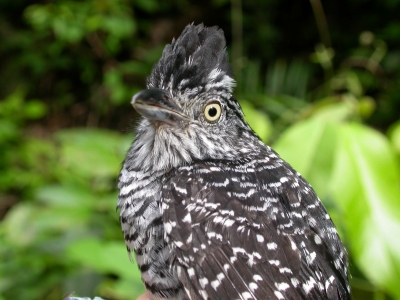
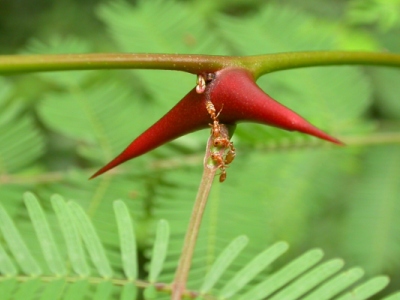
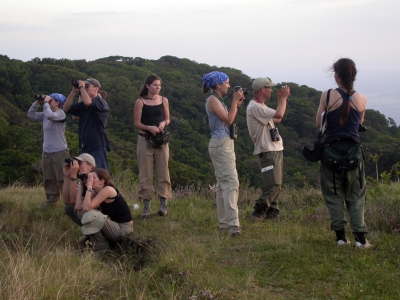
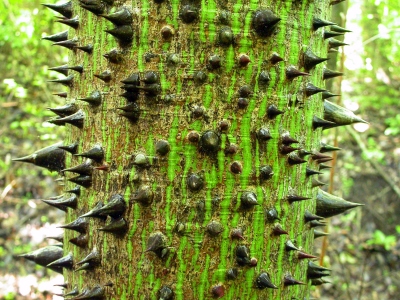
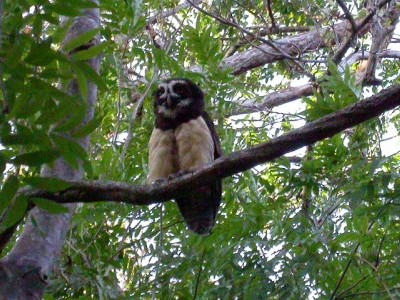
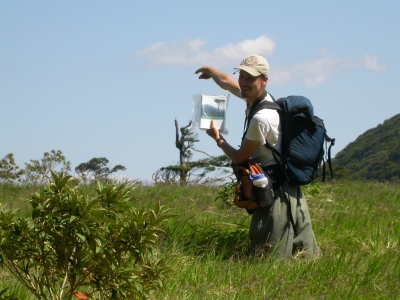
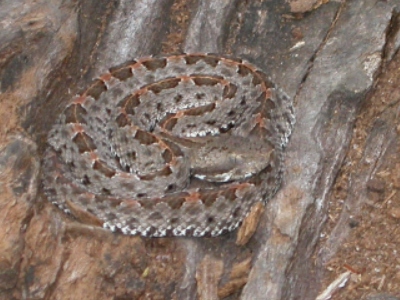
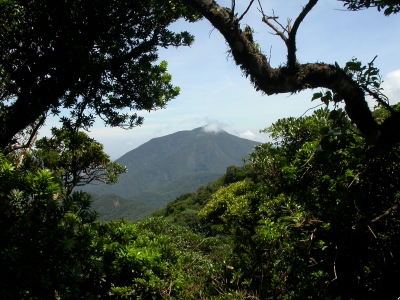
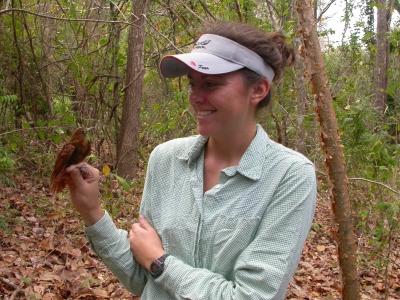
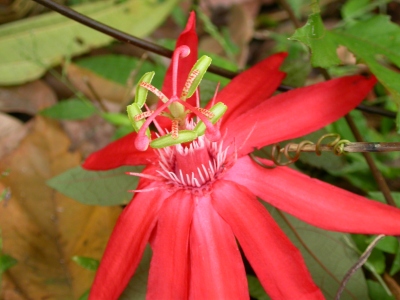
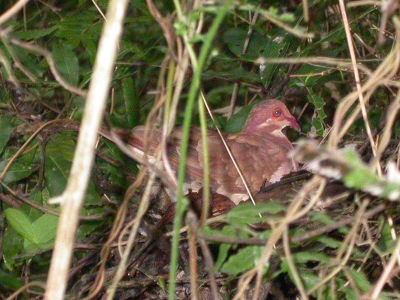
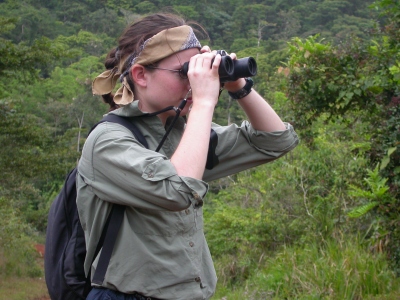
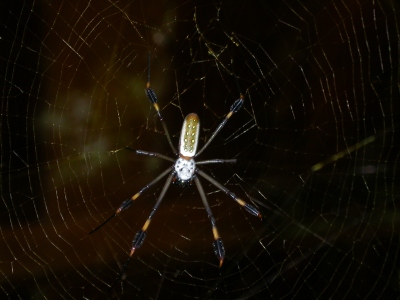
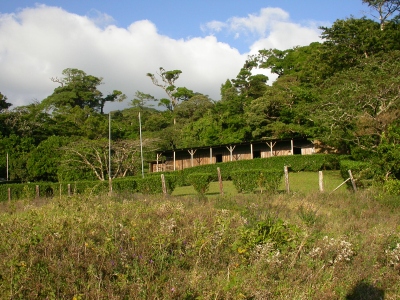

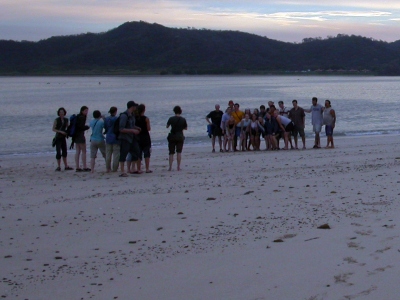
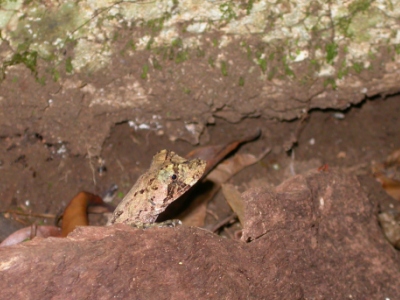
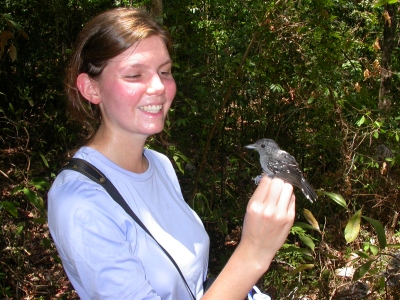
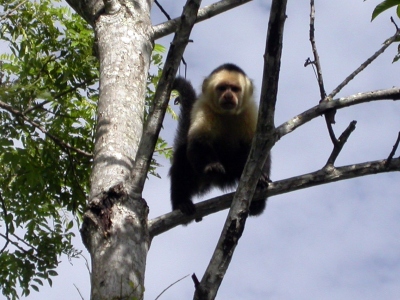
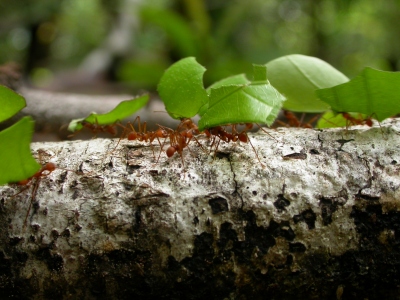
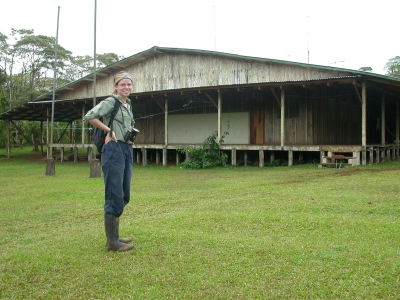
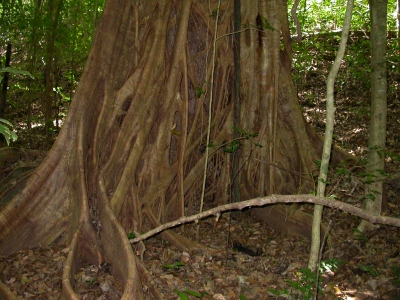
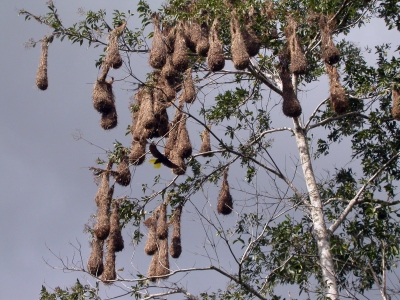
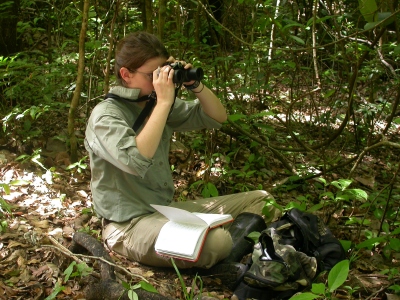
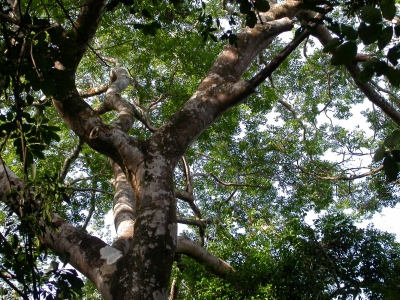
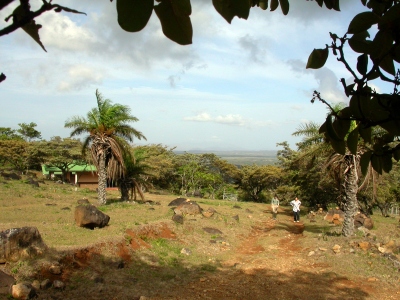
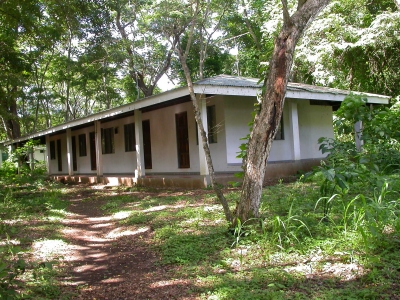
All photos by
Daniel Mennill. Do not use without
permission. |